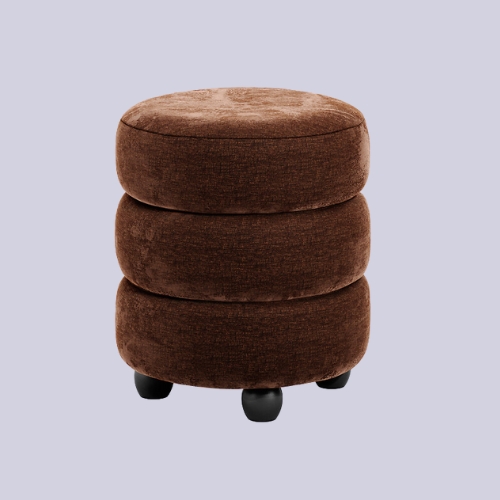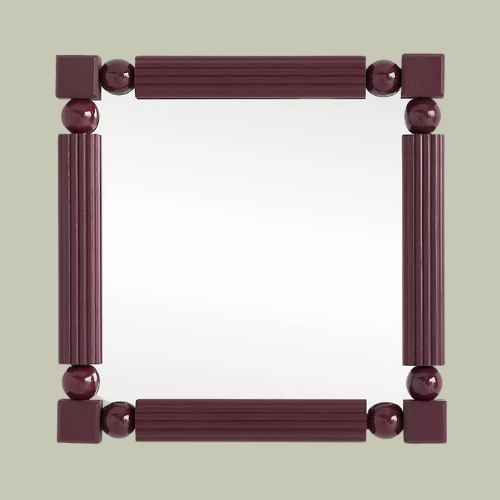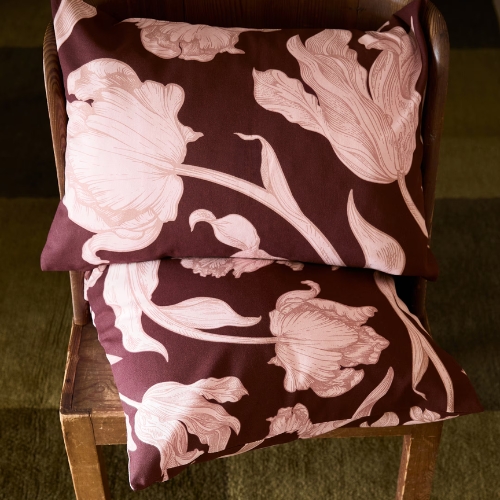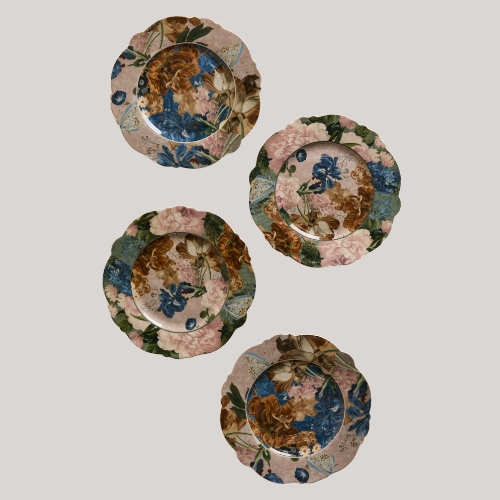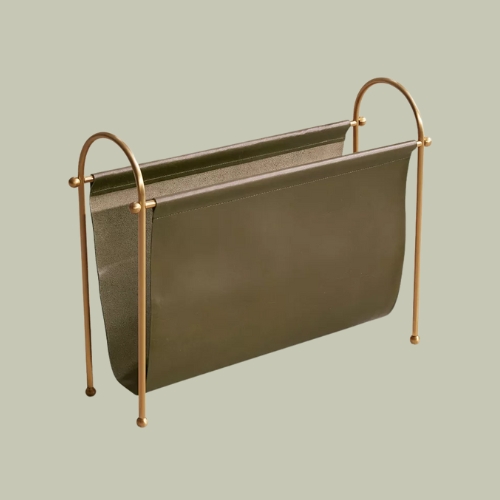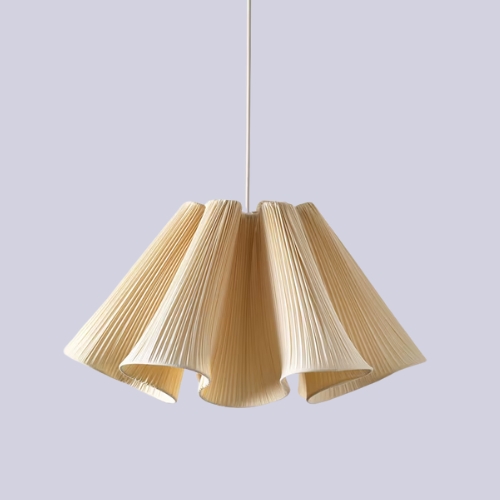'Chocolate Box' Interiors Capture the Same Cozy-Comforting Feeling as Biting Into a Sweet Treat — Here, Designers Reveal How to Recreate the Look
Consider this a more grown-up, sophisticated take on cottagecore

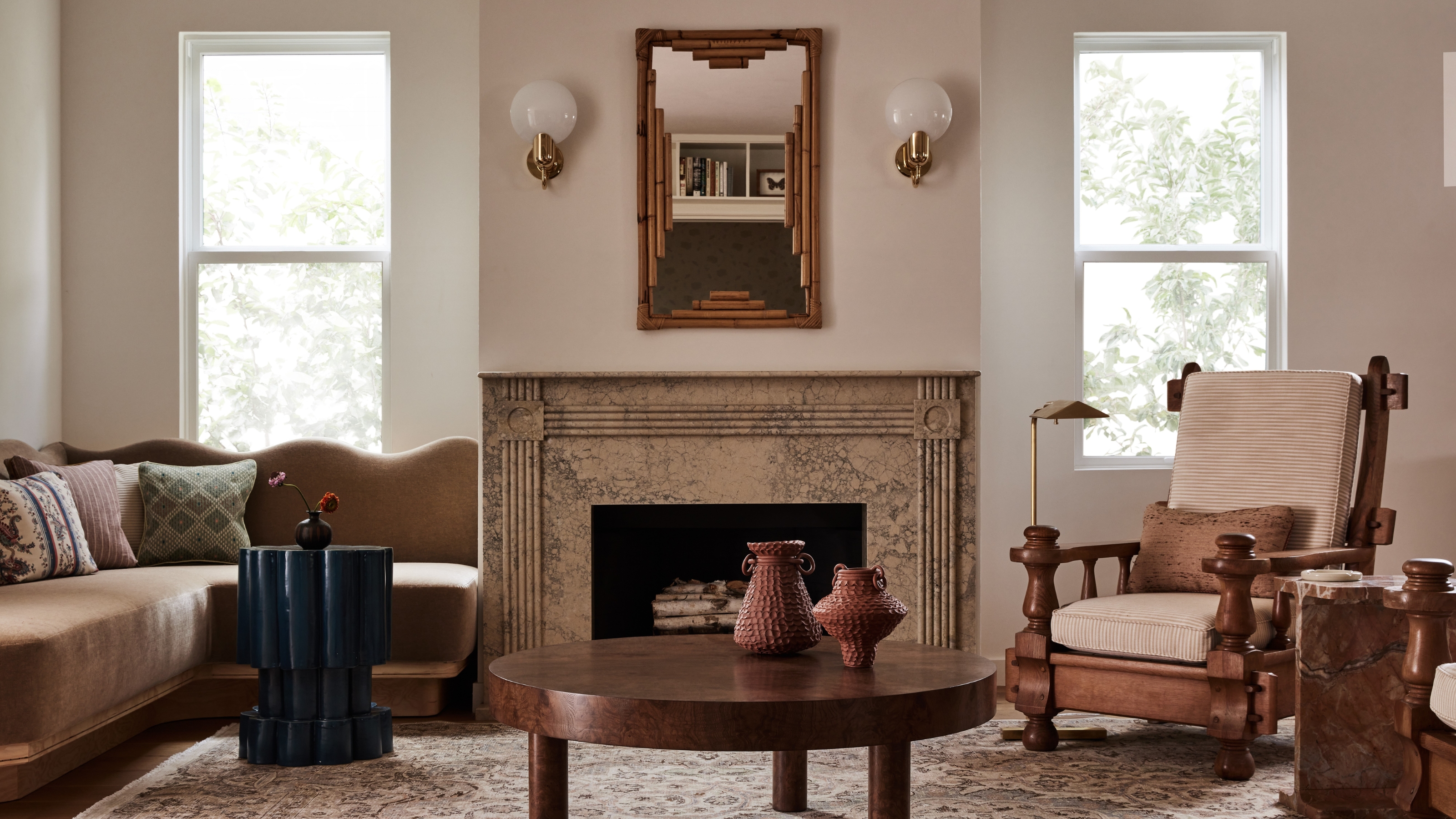
The allure of a chocolate box can be so powerful that it draws you in from across a department store floor. I'd know; I recently came across one at a store in London. The box featured a dusty pink, sage green, and oxblood motif of an enchanting forest, finished with a champagne silk ribbon. I wanted to keep it to display in my home, but what if my home's interiors could actually replicate the same allure itself?
The concept of 'chocolate box' interiors is a design style conceptually close to the cottagecore trend, sure, but it's more refined and deliciously indulgent than that. "While both styles seem to be inspired by the European countryside, cottagecore is a more rustic interpretation of rural life, while chocolate box is more elegant," explains Los Angeles-based interior designer, Meghan Eisenberg.
Chocolate box interiors emulate the decadence of rich, dark chocolate truffles (think moody yet inviting), with the comforting feeling of indulging in each sweet treat. Here's how designers create the look.
What is a Chocolate Box Interior?
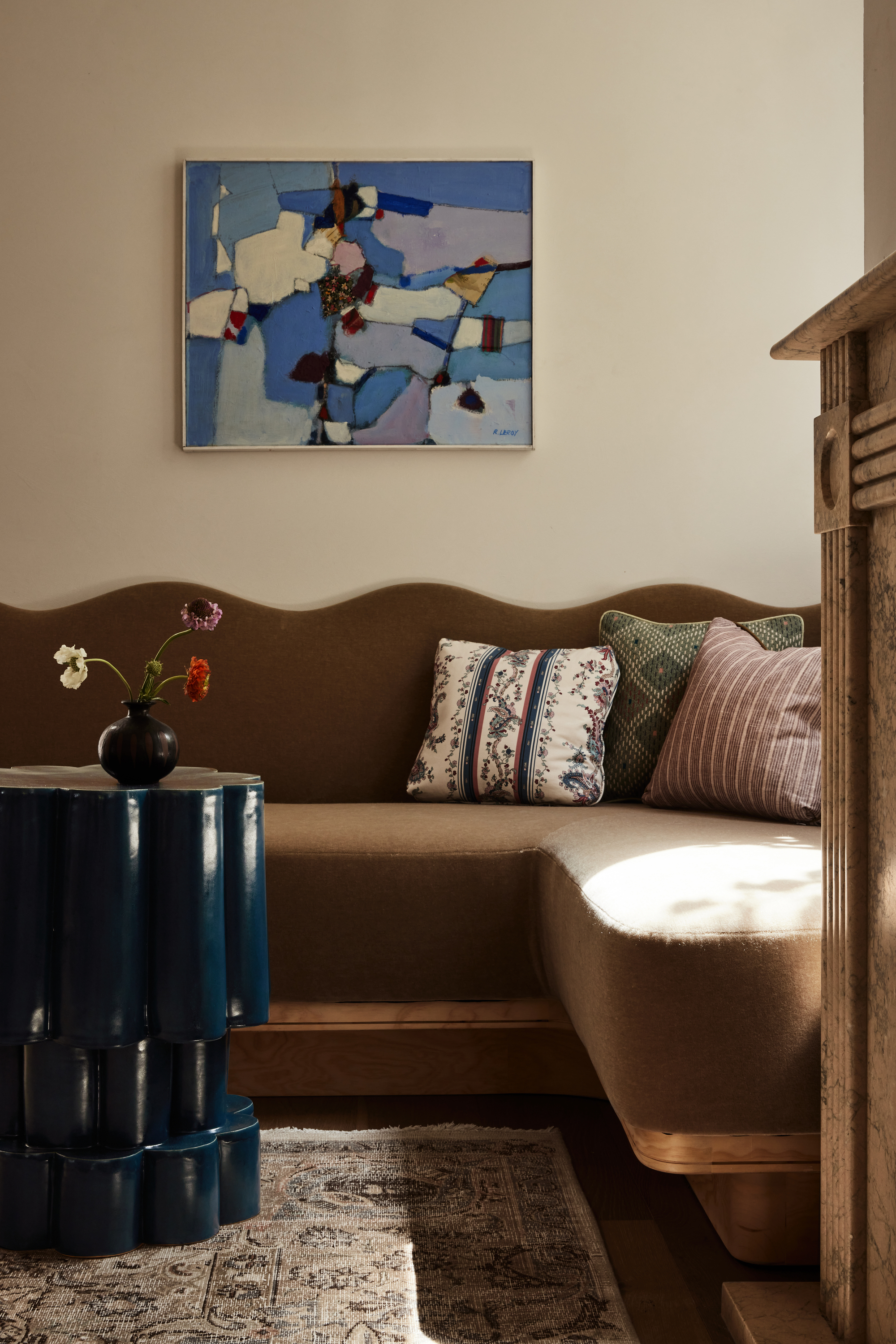
First of all, chocolate box interiors are going to mimic the chic, intricate designs of the boxes at the most luxe chocolatiers. "As you can guess, the term refers to scenes painted on vintage chocolate boxes," says Meghan Eisenberg. "In my mind, this translates to a style that is romantic, refined, and cozy."
There is also a semi-nostalgic pull to chocolate box interiors. Something about the combination of rich colors, intentional patterns, and handcrafted finishes evokes a sense of familiarity. "However, I’m drawn to interpretations grounded in craftsmanship rather than kitsch or twee," adds interior designer Stefani Stein.
It's almost a culmination of the interior design trends we've seen this year. There is an obvious inclination towards warmth and quality craftsmanship, but the touch of elegance in chocolate box interiors makes it more unique and specific to individual interiors (individualism being another aspect of contemporary design).
So, what interior inspiration is there to take from chocolate boxes? Let's explore.
The Livingetc newsletters are your inside source for what’s shaping interiors now - and what’s next. Discover trend forecasts, smart style ideas, and curated shopping inspiration that brings design to life. Subscribe today and stay ahead of the curve.

Meghan Eisenberg is an LA-based interior designer. She founded her namesake studio in 2014 with a strong focus on high-end residential projects. Studio Meghan Eisenberg’s philosophy centers on the understanding and accentuation of a space's individuality, looking to its architectural history to inform the home's narrative.
How to Style a Chocolate Box-Inspired Interior
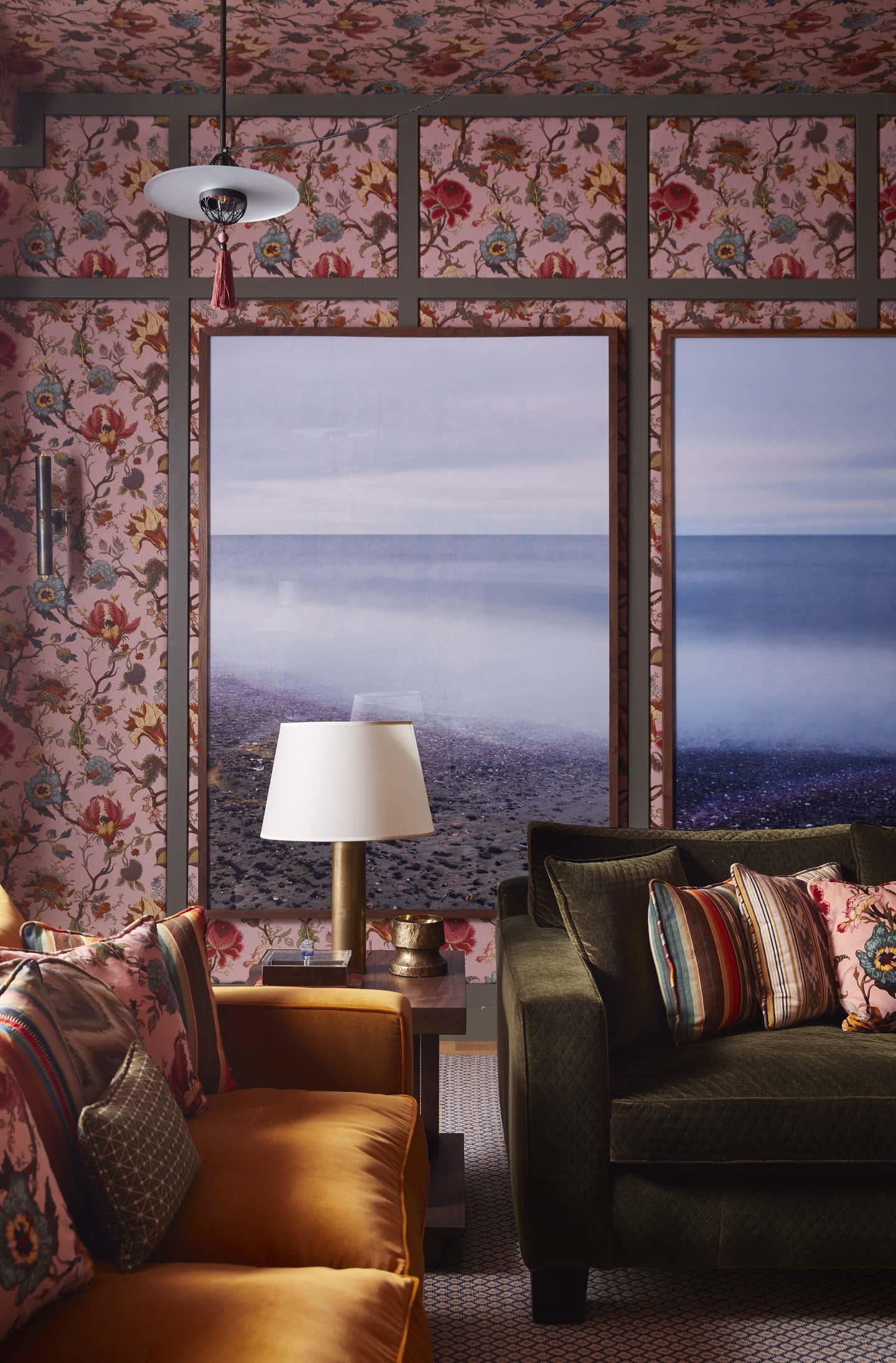
The big three characteristics of chocolate box interiors are color, material, and pattern. "Spaces should balance elegance with charm — think warm neutral color palettes, timeless textiles, and vintage pieces layered with both polished and rustic woods," Stefani says.
New neutrals, like rich browns and dusty pinks, make strong base colors, while moodier shades like aubergine, navy blue, and ochre yellows help round out the chocolate box palette into something more nuanced.
And don't be afraid to play around with the patterns that inspired the design aesthetic in the first place — think florals, stripes, and even paisleys. All with an elevated twist, of course.
You might think of decorating with floral patterns as outdated, but the sophisticated way to use them is all in the specific pattern. Go for sparser floral patterns with a solid background color, and larger motifs over anything too busy or twee.
As for material, Meghan recommends, "Spicing up solid colors by using velvet, linen, and silk variations. Then, sprinkle in lived-in materials like specialty woods, burl wood decor, marquetry, and unlacquered brass accents throughout your furniture and decorative pieces."
"Really, any room can adopt this style," she adds. "The key is for it to seem natural and authentic."
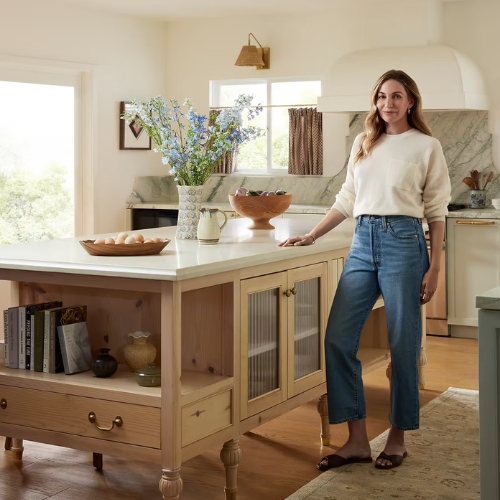
Stefani is a California-based interior designer with more than a decade of experience in the industry. Stefani's designs are deeply rooted in California's free-spirited energy and laid-back coastal sensibility — elements that inform her layered, soulful approach to home.

Shop the Look
Another detail I think would work beautifully in a chocolate box interior? A lampshade or piece of cabinetry with the drawn-on decor trend. Something about a hand-drawn detail feels like the perfect chocolate box blend of elevated and delightfully cozy.
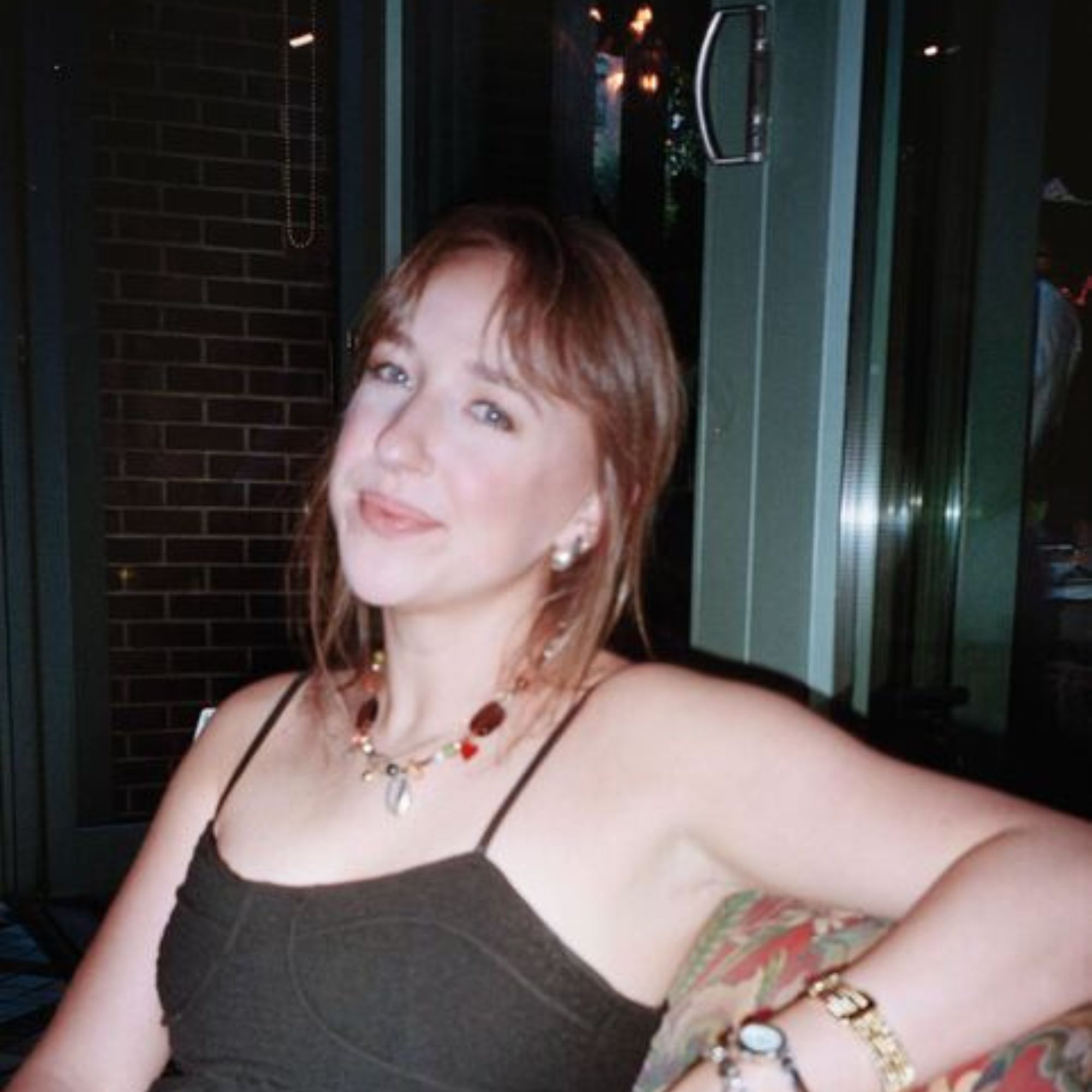
Olivia Wolfe is a Design Writer at Livingetc. She recently graduated from University of the Arts London, London College of Communication with a Masters Degree in Arts and Lifestyle Journalism. In her previous experience, she has worked with multiple multimedia publications in both London and the United States covering a range of culture-related topics, with an expertise in art and design. At the weekends she can be found working on her oil paintings, reading, or antique shopping at one of London's many vintage markets.
